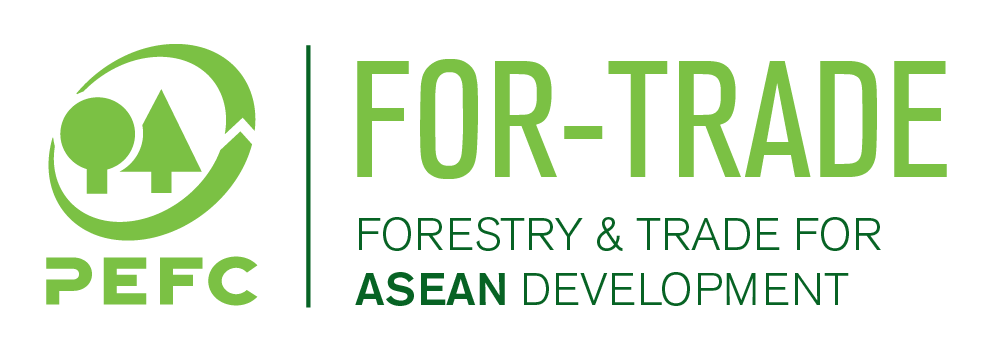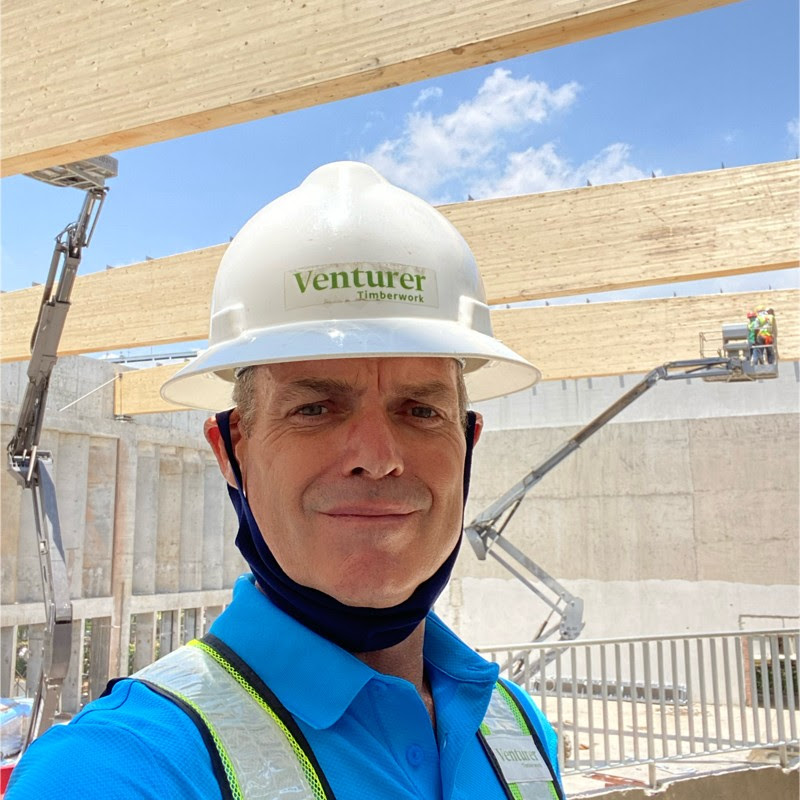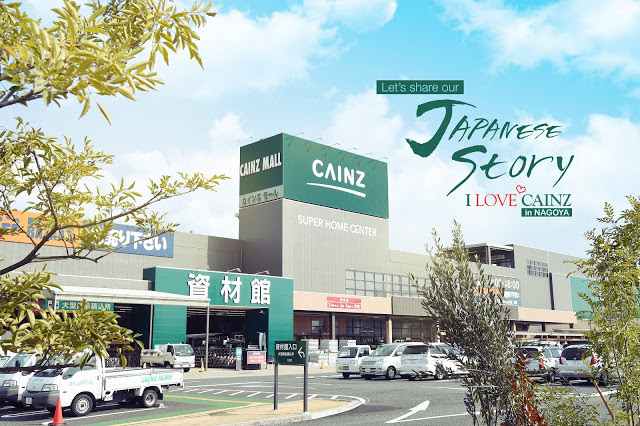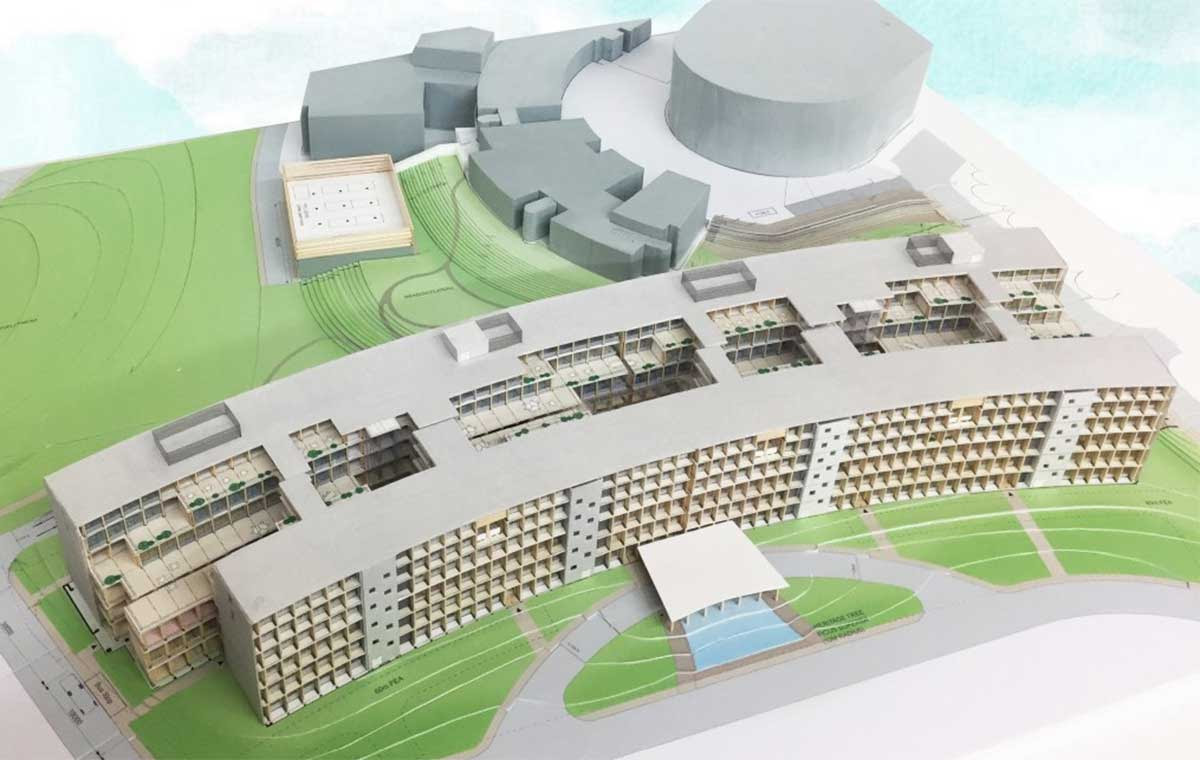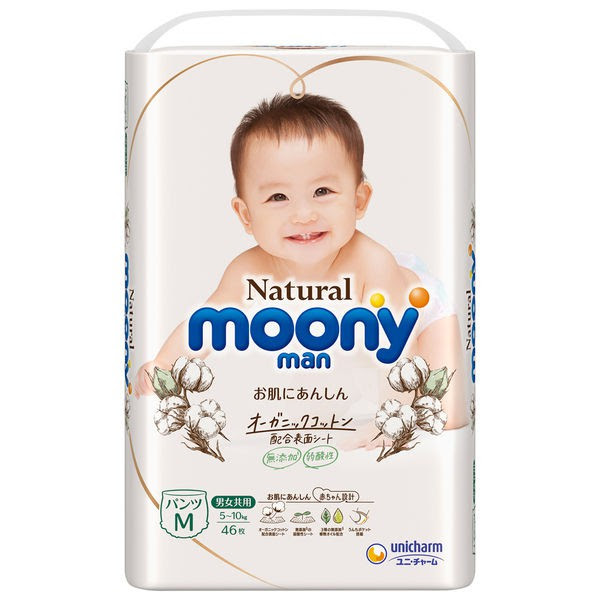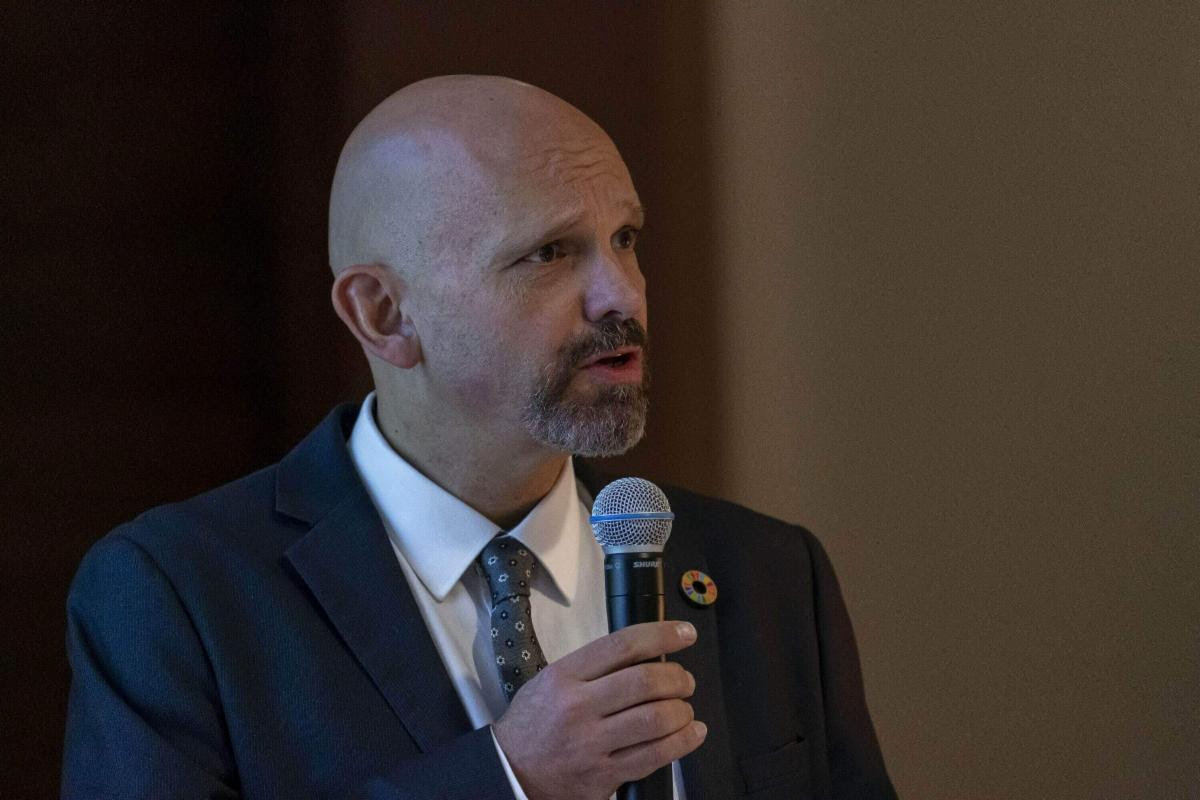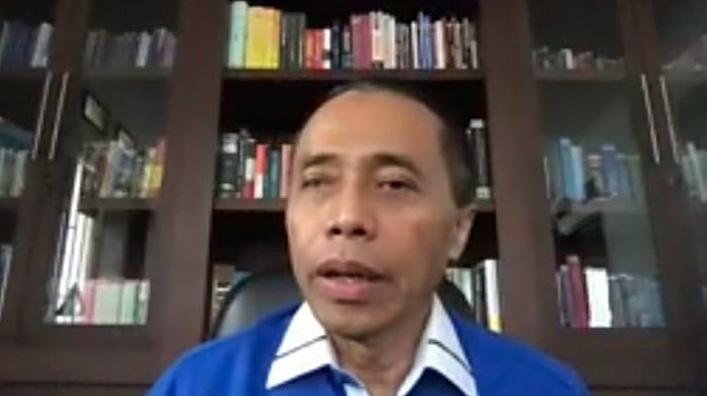
Dradjad Hari Wibowo Ketua Umum Indonesian Forestry Certification Cooperation (IFCC). Foto: Faiz suarasurabaya.net
Dradjad Hari Wibowo Ketua Umum Indonesian Forestry Certification Cooperation (IFCC) menegaskan pada tahun-tahun mendatang, perekonomian global akan semakin ditentukan oleh topik yang termasuk dalam 17 Tujuan Pembangunan Berkelanjutan (Sustainable Development Goals – SDGs). Isu tersebut diantaranya terkait aksi-aksi untuk mengatasi perubahan iklim, pengelolaan sumber daya alam secara lestari, kemiskinan, kelaparan, kesehatan dan sebagainya.
“Kembalinya Amerika Serikat ke dalam Kesepakatan Paris (Paris Agreement) yang termasuk dalam Executive Order 14008 yang diteken Presiden Joe Biden tanggal 27 Januari 2021 semakin membuat krisis iklim dan topik SDGs lainnya berperan sentral dalam percaturan global ke depan,” ujar Dradjad dalam Forum Group Discussion (FGD) secara virtual dengan tema “Sustainable Development Goals (SDGs), Pengelolaan Hutan Lestari dan Masa Depan Indonesia”, Rabu (21/4/2021).
Bahkan, kata Dradjad, peranan ini bukan hanya terhadap perekonomian dan keuangan global, tapi juga terhadap politik dan keamanan global.
“Salah satu isu yang sudah dirasakan berdampak besar bagi Indonesia adalah pengelolaan hutan lestari (Sustainable Forest Management – SFM). Isu SFM ini sangat berpengaruh terhadap brand image Indonesia di berbagai fora global,” jelasnya.
Menurut Dradjad, isu ini juga pernah memukul ekspor Indonesia, dengan efek multiplier ekonomi yang tidak kecil. Namun dengan kerja keras berbagai pihak sejak dekade 2000-an, yang melibatkan pemerintah, swasta, dan berbagai unsur masyarakat sipil, secara bertahap Indonesia mampu memperbaiki kinerja dan juga citra terkait SFM.
Saat ini, kata dia, selama empat tahun berturut-turut pada tahun 2017-2020, laju deforestasi di Indonesia terus menurun. Menurut laporan the World Resources Institute (WRI), dalam periode 2002-2020 laju deforestasi di Indonesia mencapai puncaknya pada tahun 2016, dengan angka moving average (MA) tiga tahun sebesar 0.78 juta hektar.
Namun sejak 2017, angka tersebut turun menjadi 0.66 juta hektar (2017), 0.55 juta hektar (2018), 0.35 juta hektar (2019), dan 0.31 juta hektar (2020). Laporan resmi Kementerian Lingkungan Hidup dan Kehutanan (LHK) menyebutkan laju deforestasi 2020 sebesar 115 ribu hektar, turun 75% dari tahun 2018/2019 sebesar 462,46 ribu hektar. Indonesia pun disebut WRI sebagai “bright spots of hope for forests” bersama Malaysia. Kinerja positif tersebut diberitakan oleh dua media global terkemuka yaitu the Guardian dan the New York Times.
Dalam implementasi SFM, lanjutnya, Indonesia juga menunjukkan kinerja positif. Sebagai contoh untuk Hutan Tanaman Industri (HTI), saat ini terdapat 67 perusahaan HTI dengan luas sekitar 4 juta hektar yang sudah memperoleh sertifikat SFM dari IFCC/PEFC. Ini berarti semua HTI yang dibangun sebelum cut of date PEFC, yaitu 31 Desember 2010, sudah mendapat sertifikat. Untuk industri pengolahannya, PEFC/IFCC telah memberikan sertifikat chain of custody (CoC) kepada 38 perusahaan, mulai dari pabrik-pabrik kertas milik grup APP dan April, hingga perusahaan seperti Blibli (untuk tas belanja) dan Gramedia (untuk sebuah lini produk).
IFCC adalah lembaga pengembang dan pemilik skema sertifikasi independen, yang merupakan anggota dari PEFC (the Programme for the Endorsement of Forest Certification) yang berkantor pusat di Jenewa, Swiss. PEFC ini merupakan skema sertifikasi hutan lestari terbesar di dunia. Saat ini sudah lebih dari 320 juta hektar hutan di dunia yang bersertifikat SFM dari PEFC, ditambah lebih dari 20 ribu perusahaan bersertifikat chain of custody (CoC) dari PEFC.
“Banyak sekali korporasi terbesar di dunia yang mewajibkan adanya sertifikat PEFC sebagai salah satu syarat mereka mau membeli produk olahan hasil hutan, mulai dari kayu bangunan, kertas hingga baju. Korporasi tersebut mulai dari yang terbesar di dunia seperti Apple, Johnson & Johnson, Walmart, Nestle, P&G, Samsung hingga LV, Zara dan banyak lagi,” kata Dradjad.
Sebagaimana diketahui, selama 20 tahun lebih HTI dan pulp and papers Indonesia menjadi sasaran kampanye LSM global dan nasional yang menuduh mereka sebagai salah satu faktor utama deforestasi. Akibatnya, korporasi dunia seperti Disney, Mattel, Xerox, Woolworths dan lain-lain sempat memboikot pulp and papers Indonesia, sehingga ekspornya menurun mencapai titik terendah sekitar USD 5 miliar pada 2016. Namun sejak 2017, ekspor tersebut terus naik menjadi USD 7.15 miliar (2019), dan hanya turun 4,4% menjadi USD 6.84 miliar (2020) saat pandemi.
Di sisi lain, kata Dradjad, dari sisi SFM, baru pada Desember 2014 perusahaan HTI mulai berhasil mendapatkan sertifikat SFM dari IFCC/PEFC. Itu sebabnya pada tahun 2015 baru terdapat 0.7 juta hektar HTI yang bersertifikat SFM. Luas ini kemudian naik drastis menjadi 2.4 juta hektar (2016) dan 3.7 juta hektar (2017).
“Yang menarik, setelah semakin banyak HTI yang berhasil mencapai SFM, dan semakin banyak pabrik bubur kertas dan kertas yang mendapatkan sertifikat, ternyata ekspor Indonesia naik kembali. Peningkatan ekspor tersebut juga terjadi bersamaan dengan penurunan laju deforestasi, yaitu tahun 2017-2020,” tegasnya.
Menurut dia, fakta ini menunjukkan kuatnya komitmen dan kinerja dari pemerintah, pelaku usaha HTI dan pulp and papers, dan para stakeholders dalam mewujudkan SFM di Indonesia. Karena upaya mewujudkan SFM memerlukan investasi yang besar, transformasi budaya dan manajemen perusahaan yang signifikan, serta kerja keras dari banyak pihak, tidak lah berlebihan jika dikatakan pencapaian SFM, yang dibuktikan dengan sertifikat IFCC/PEFC, berkontribusi penting terhadap kinerja ekspor di atas.
Kinerja di atas tentu sangat menunjang kontribusi ekonomi dari HTI dan pulp and papers. HTI dewasa ini menyediakan lapangan kerja langsung 20-25 ribu orang dan 2 juta tidak langsung. Sementara pulp and papers menyerap 260 ribu tenaga kerja langsung dan 1,1 juta tidak langsung. Belum lagi kontribusinya terhadap penerimaan pajak pusat dan daerah, pembangunan daerah, dan pengembangan masyarakat sekitar hutan dan industri.
Karena itu, Dradjad mendorong pemerintah, khususnya Kementerian Lingkungan Hidup dan Kehutanan, Kementerian Perindustrian, Kementerian Perdagangan, serta Kementerian Koperasi dan UKM, untuk semakin meningkatkan kinerja terkait dengan pengelolaan hutan lestari, maupun industri pengolahan dan perdagangan produk olahan hutan lestari oleh para pelaku usaha.
“Contoh kongkretnya, pelaku mebel dan kerajinan perlu dibantu agar kayunya berasal dari hutan lestari sehingga mudah menembus pasar ekspor. Perhutanan sosial bisa didorong agar mendapatkan sertifikat SFM, sehingga produknya bernilai tambah semakin tinggi,” ungkap Dradjad yang juga ekonom senior INDEF ini.
Dradjad menegaskan, korporasi besar Indonesia yang memakai produk olahan hasil hutan juga perlu sadar, mereka tidak bisa lagi lalai terhadap isu SFM.
“Percaya saya, di masa depan anda akan ditinggalkan pasar jika tidak peduli kelestarian. Trust me, sustainabily pays,” pungkas Dradjad.(faz/tin)
Source: https://www.suarasurabaya.net/ekonomibisnis/2021/ifcc-isu-perubahan-iklim-dan-kelestarian-akan-tentukan-masa-depan-ekonomi-indonesia/
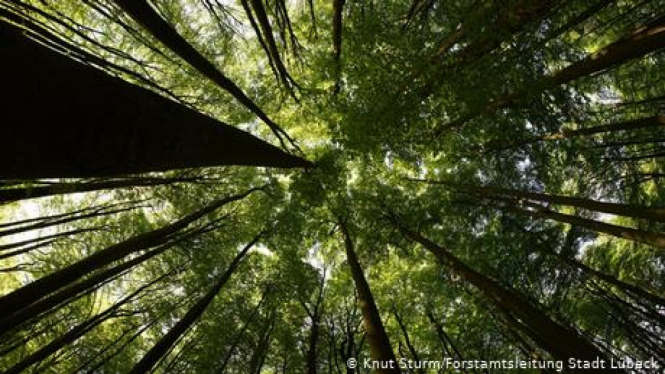





 Oleh : Dradjad Wibowo*
Oleh : Dradjad Wibowo*
